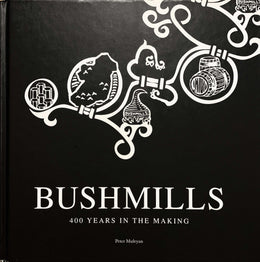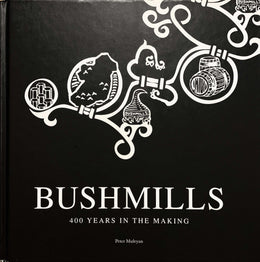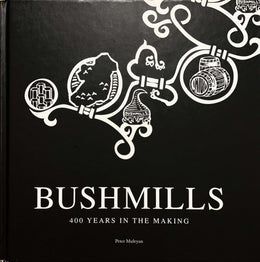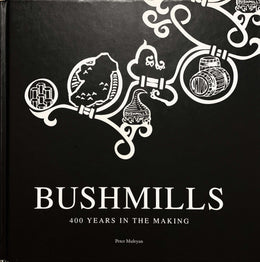 Partition divided Ireland in two.
Partition divided Ireland in two.
On a clear day it is possible to stand on the North Antrim coast and gaze across the distance at Scotland. A millennium and more ago all this was part the Gaelic kingdom of Dalriada. The people who lived on both sides of the narrow Irish Sea were called Scotti; it is the origin of the word 'Scotland', though it means 'inhabitants of Ireland'.
Both population cross-pollinated again when Scottish Protestants came to live in the north of Ireland after the Plantation of Ulster. Over the years thousands of people have drifted over and back, trading barley, picking potatoes or fishing. The Act of Union 1800 finally brought the Kingdom of Ireland into political union with Scotland, England and Wales to create the United Kingdom of Great Britain and Ireland. But it was an unstable union. The majority of Catholics on the southern part of the island wanted Home Rule, something most Protestant Unionists dismissed as 'Rome Rule', as they feared the influence the Catholic Church would gain if the Union were dissolved.
The General Election of 1918 then was pivotal. It took place against the backdrop of the Great War. The Republican Easter Rising in Dublin of two years earlier was important as it led to a unilateral declaration of Irish independence. However, the Anglo-Irish Treaty of 1921 allowed Northern Ireland to opt out of the Irish Free State, which it did and this led to the partition of the island. There were now two Home Rule Parliaments, one in Dublin the other in Belfast.
The fracturing of the Union was to have an unforeseen effect on the manufacture of whiskey. In 1922 there were 16 distilleries on the island, with 5 in Northern Ireland. Up until this point the same laws applied to Irish and Scotch whisky, thereafter the Irish Free State went its own way, leaving the distilleries that lay north of the border under Crown rule.

The newly independent Free State had a love-hate attitude to whiskey. On one hand it wanted to enhance the reputation of its pot-still whiskey, so it increased the minimum time whiskey had to be matured from three to live years. On the other hand Ernest Blythe, the first Minister for Finance labelled the country's distillers "the dregs of landlordism". Blythe was referring to people like Andrew Jameson, a Senator, a Protestant and the fifth generation of Jameson to run the Dublin distillers, who also happened to be a staunch Unionist, and Sir John Power, who quietly dropped the 'Sir' and the Royal warrant after independence. This underlying nationalism meant there was no real interest in helping the "Unionist industry". The Free State government was caught between a worldwide swing towards conservative temperance and their need for the industry as "a source of very substantial revenue".
For a different set of reasons, the whiskey business north of the border didn't fare much better. By 1922 the mighty Ulster distilleries of Derry's Waterside and Abbey Street, as well as Belfast's Connswater and Avoniel had been taken over and shut down. By 1929 there were just one grain plant and three small pot distilleries left in Ulster —one of these was Old Bushmills.
 A mock-up for Dunville Whiskey. Dunville’s Royal Irish Distillery in Belfast was one of three which still survived in Ulster in the early 1930s.
A mock-up for Dunville Whiskey. Dunville’s Royal Irish Distillery in Belfast was one of three which still survived in Ulster in the early 1930s.
Written by Peter Mulryan
The text is an excerpt from "Bushmills: 400 Years in the Making" (pp. 67 - 69), written by Peter Mulryan, published 2008 by Appletree Press Ltd.







